Farm Europe discussed, today, the regulatory implications of the last report (1) presented by the European Commission on the status of new genomic techniques (NGT), during a digital event that gathered representatives from EU institutions and scientists.
The opinion that the current regulatory framework needs to be reviewed is widely shared. NGTs are a breakthrough innovation that represents a game-changer: they have the potential to decisively impact the transition toward resilient food systems, contributing to lower their environmental footprint, improve their capacity to adapt to climate change, and protect biodiversity while at the same time achieving our food security goals.
A revision of the European Genetic Modified Organism (GMO) legislative block, following a science and data-based impact assessment, is a topical issue that the Commission should address taking into account the latest scientific developments and breeding methods. The key amendments (see the annex for details) that Farm Europe proposes aim at excluding from the scope of the GMO legislative block the outcomes of the following processes:
- A plant in which a native trait has been edited to reproduce the functionality associated with a known trait present in the genetic heritage of the species.
- A plant in which a native trait has been edited to reproduce the functionality associated with a known trait present in the genetic heritage of a plant outside the species.
- A plant with a native edited trait with novel functionality, whose sequence changes obtained by genome editing are of the same type as those that can be obtained by spontaneous or induced mutagenesis.
- A plant in which a known gene present in the genetic make-up of the species has been inserted into a selected site in its genome.
END
- Study on the status of new genomic techniques under Union law and in light of the Court of Justice ruling in Case C-528/16” published on April 29th, 2021.
Annex – Revision of the regulations on edited plants
Genetic techniques are constantly evolving. Among them, gene editing makes it possible to add, delete or replace nucleotides precisely at a specific site in the genome of a receiving organism, thereby modifying its genetic information. Plants derived from these editing techniques are currently subject to Directive 2001/18/EC, which blocks their commercial use.
When these techniques only modify, activate, or inhibit the characteristics of genes present within the genome of the receiving plants, they make changes identical to those obtained by traditional breeding methods. Such techniques, limited to this framework, accelerate the process of varietal selection and act with more precision than traditional methods.
The time saved in creating a new variety provides farmers with better adaptation and resilience to climate change. These techniques are essential to achieve the Green Deal objectives and to meet citizens’ expectations. For farmers, they represent a useful tool for achieving both economic and environmental performances.
Thus, an adaptation of the regulatory framework seems necessary so to exclude from the scope of Directive 2001/18/EC the following categories of edited plants:
- A plant in which a native trait has been edited[1] to reproduce the functionality associated with a known trait present in the genetic heritage of the species[2]. This method is equivalent to crossing a wild plant with a sexually compatible cultivated variety. High oleic soybeans have been obtained in this way.
- A plant in which a native trait has been edited to reproduce the functionality associated with a known trait present in the genetic heritage of a plant outside the species. This is an extension of the previous category to genes shared by a donor and recipient plant that are sexually incompatible but have a common ancestor between two traits of the same gene. Blight resistant wheat is an example of a plant obtained by this method.
- A plant with a native edited trait with novel functionality, whose sequence changes obtained by genome editing are of the same type as those that can be obtained by spontaneous or induced mutagenesis. Using traditional breeding methods, this change would be equivalent to that achieved by selecting a plant carrying a modified trait as a result of a spontaneous or induced mutation, which plant is then crossed with a crop plant to select for the mutation of interest. Tomatoes with a high GABA content were obtained in this way.
- A plant in which a known gene present in the genetic make-up of the species has been inserted into a selected site in its genome. This is equivalent to the natural duplication of a gene, inserted in another part of the genome, away from its usual site of origin. Late blight resistant potato plants have been obtained in this way.
The above-mentioned categories are distinguished from plants produced by transgenesis because no genes from other living beings (plants of a species other than the edited plant, animals or bacteria) have been introduced into their genome by means of a bacterium.
An edited plant will be eligible for exclusion after validation by a competent authority that it belongs to one of these categories, justifying the technique used and the modifications made.
[1] The terms “editing” or “edited” refer to the use of genomic editing technologies.
[2] The term “genetic heritage of the species” is defined as including all the genes and their characteristics (alleles, which correspond to different versions of the same gene) from plants that can exchange genes sexually and those from distantly related species with which genes can be exchanged sexually using traditional breeding methods.
O artigo foi publicado originalmente em Farm Europe.

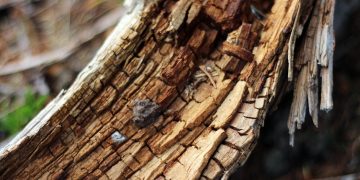





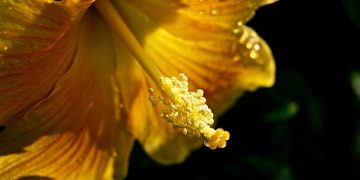














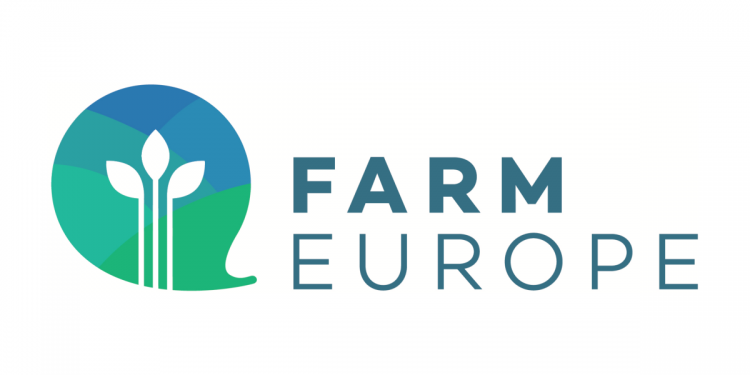
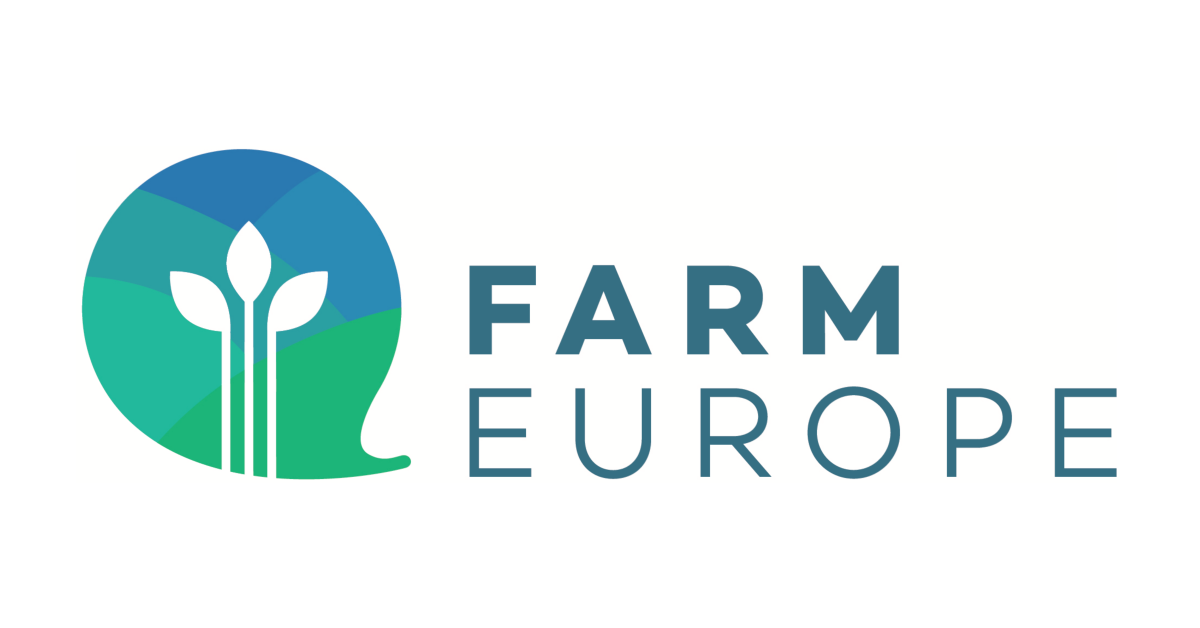
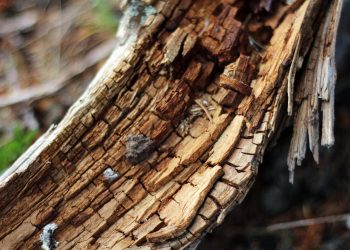
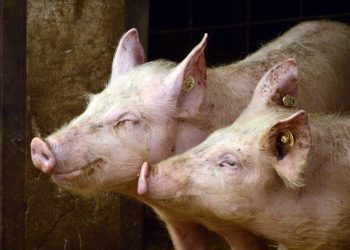
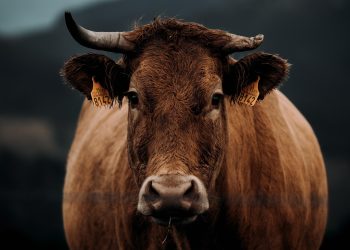




























Discussão sobre este post